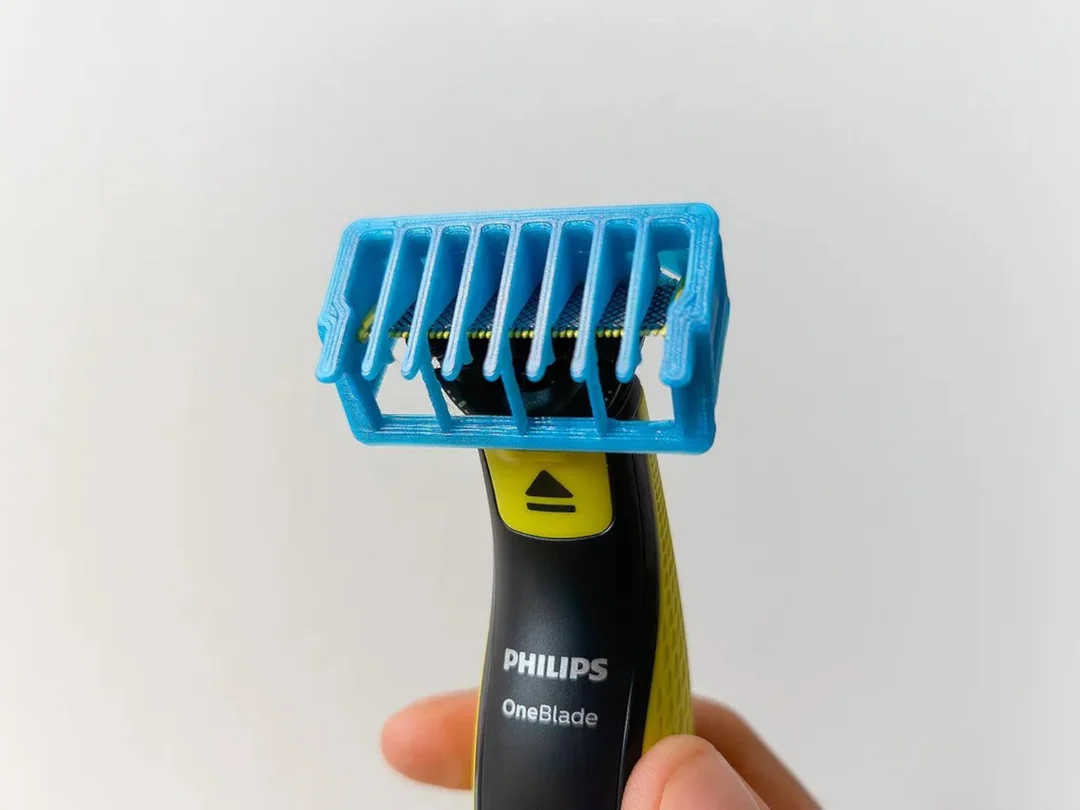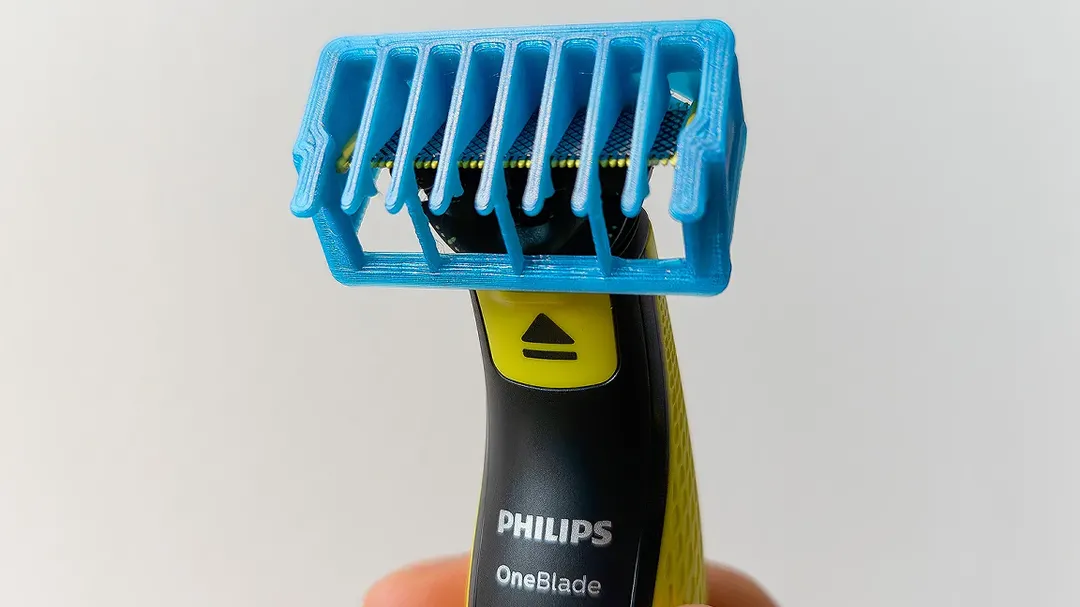
Philips Embraces 3D Printing for Repairs: A Sustainable Shift for Consumers
In a move towards greater sustainability and consumer empowerment, Philips has launched Philips Fixables, an innovative initiative allowing consumers to 3D print replacement parts for their personal health products. This program, initially launched in the Czech Republic with partner Prusa Research, marks a significant step in the right-to-repair movement.
The initiative addresses a growing consumer demand for repairable and maintainable products, rather than disposable ones. By offering open access to 3D-printable files, Philips aims to extend the lifespan of its products and reduce electronic waste. The files are freely available on the Printables platform, accessible globally, enabling users to download and print components at home or through certified partners.

Currently, the Philips Fixables platform offers an adjustable comb for the OneBlade trimmer. Philips assures that more components for devices like beard trimmers, electric toothbrushes, and hair dryers will be added over time. Philips emphasizes the importance of adhering to recommended print settings and materials (standard PLA filament) to ensure the quality and safety of the replacement parts. Modifying the files to reduce print time or filament usage could compromise their durability.
"Fixables shows the value of collaboration with the passionate, creative community who love the Philips brand and the power of developing solutions together. By teaming up, we’re shaping a new circular model, helping turn sustainable intention into sustainable action," said Marcin Molin, head of personal health – Central and Eastern Europe Region.
Philips encourages consumer feedback and suggestions for new 3D-printable components through a dedicated form on their website (Philips.cz/Fixables). However, the company doesn't guarantee the creation or release timeline for requested parts, as each must undergo quality control testing.
This initiative echoes similar efforts by other companies to support repairable hardware. Logitech, for instance, recently partnered with iFixit to offer repair kits for some of its products. The widespread adoption of open-source repair options hinges on the success and expansion of programs like Philips Fixables.
Will Philips' commitment to 3D-printable repair parts revolutionize consumer electronics sustainability? What other appliances would benefit from a similar approach? Share your thoughts and suggestions in the comments below!